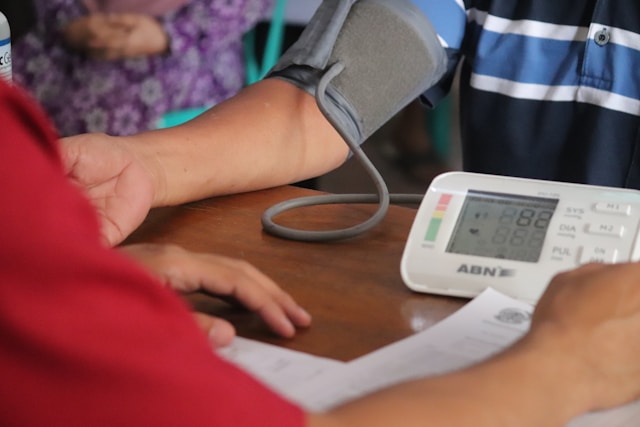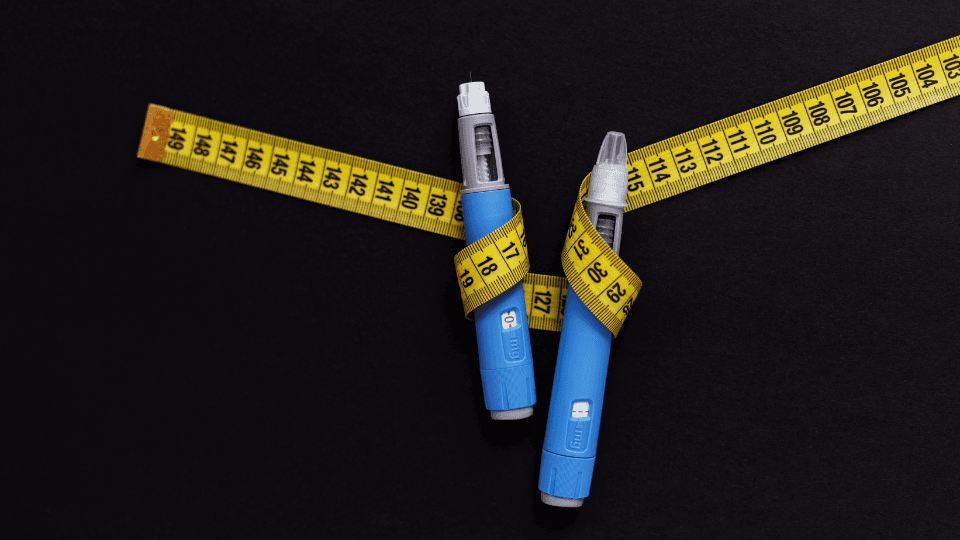Back
08 May 2024
Race-day nutrition 101

Dr Jarrad Van Zuydam | Sports Physician
Your training went so well. You were fit, lean, and faster than ever. But on race day, your legs seemed to fail you and you missed your target time. What went wrong?
When taking on a challenging endurance event, such as a marathon or a century bike race, what you eat and drink on the day can make or break your race. In this post, we’ll dive into the basics of race-day nutrition for endurance performance.
You are a machine
Maybe even a finely tuned one. But don’t get ahead of yourself; no machine can run without fuel. Whether powered by petrol, diesel, electricity, or steam, when the fuel tank runs dry, the machine stops moving.
The human machine is no exception. Thankfully, we are a lot less prone to running out of fuel than a mechanical machine because of our incredible ability to switch fuel sources according to demands and availability. Fat, carbohydrates, protein, ketones, and even alcohol (not recommended!) are all options for your body to burn. But when supporting moderate to high-intensity exercise, one fuel type reigns supreme.
Carbs are king
Now don’t get me wrong, fat is a wonderful fuel, too.
Each gram of fat supplies 9 calories of energy, more than twice that of carbohydrates and protein (4 calories per gram).
Fat stores almost never run out, whereas carbohydrate stores are only good for 90 - 120 minutes of vigorous exercise.
By burning fat, we avoid having to burn carbs or break down muscle protein.
There is, however, a catch:
We can only burn fat when there is enough oxygen around.
This means that our fat supplies have a maximum rate at which they can deliver energy. When our energy demands exceed a certain threshold, we can no longer rely on fat as our primary fuel source.
We can burn fat forever, but we can’t burn it fast.
On race-day, we want to go as fast as we can and carbohydrates are the perfect source of energy for this purpose. Your goal should be to arrive at the start with your carbohydrate stores topped up and then to keep topping up so that you never empty the tank. Athletes would do well to remember that carbs don’t make you fat. Carbs make you fast.
Fuel up
Arriving at the start line with a full fuel tank will give you an advantage in the hours to follow. The bad news is that you’ll need to set an early alarm-clock to make it happen. Your pre-race meal should be at least 2 to 3 hours before you take the start-line to give you time to absorb those carbs and not feel bloated. Choose a carb-rich breakfast and avoid too much fibre, especially if your gut is prone to upset.
Great choices include oatmeal with some honey, toast or granola bars with nut butter, a banana, and orange juice. Give the greasy bacon and eggs a skip today.
Top up
We store carbohydrates in our muscles and liver as glycogen. Glycogen can be quickly broken down into glucose and used by our cells to power our exercise. The problem is that we have limited glycogen stores and intense exercise can deplete them within 1-2 hours.
Have you ever heard of the dreaded ‘bonk’ or ‘hitting the wall’? This sudden fatigue, reduced power output, and impaired concentration is because of glycogen depletion. To prevent this, we need to replenish our carbohydrates during endurance exercise.
The amount of carbohydrates you need depends on the duration and intensity of your exercise, as well as individual factors such as body weight, fitness level and gut tolerance. A good rule of thumb is to consume 30 - 60 grams of carbohydrates per hour for exercise lasting longer than 60 minutes, and 90 grams per hour or more for exercise lasting longer than 150 minutes. Being able to absorb such large quantities of carbs while exercising may require you to train your gut. Do this by practising your nutrition plan during key training sessions.
You can get carbohydrates from various sources, such as sports drinks, gels, bars, chews, or foods like bananas, dates and rice cakes. Sports nutrition products with a 2:1 glucose to fructose ratio are best for efficient absorption and gut comfort. Test out some options to find what works for you well ahead of your race day.
Refuel
Once you have that medal around your neck, don’t forget about your recovery nutrition. You need protein to help rebuild any damaged muscle and more carbs to replenish the glycogen you’ve burnt.
Aim for 0.3 - 0.5 grams of protein and 1.2 to 1.5 grams of carbohydrates per kilogram of body weight within 30 minutes of finishing the race. Some athletes prefer this as a convenient recovery shake, but others prefer proper food. There’s no right or wrong; do what works best for you.
In summary, fueling for endurance exercise is a key component of sports performance. Plan your nutrition carefully to ‘beat the bonk’ and allow your hard training to pay off when it matters most.













